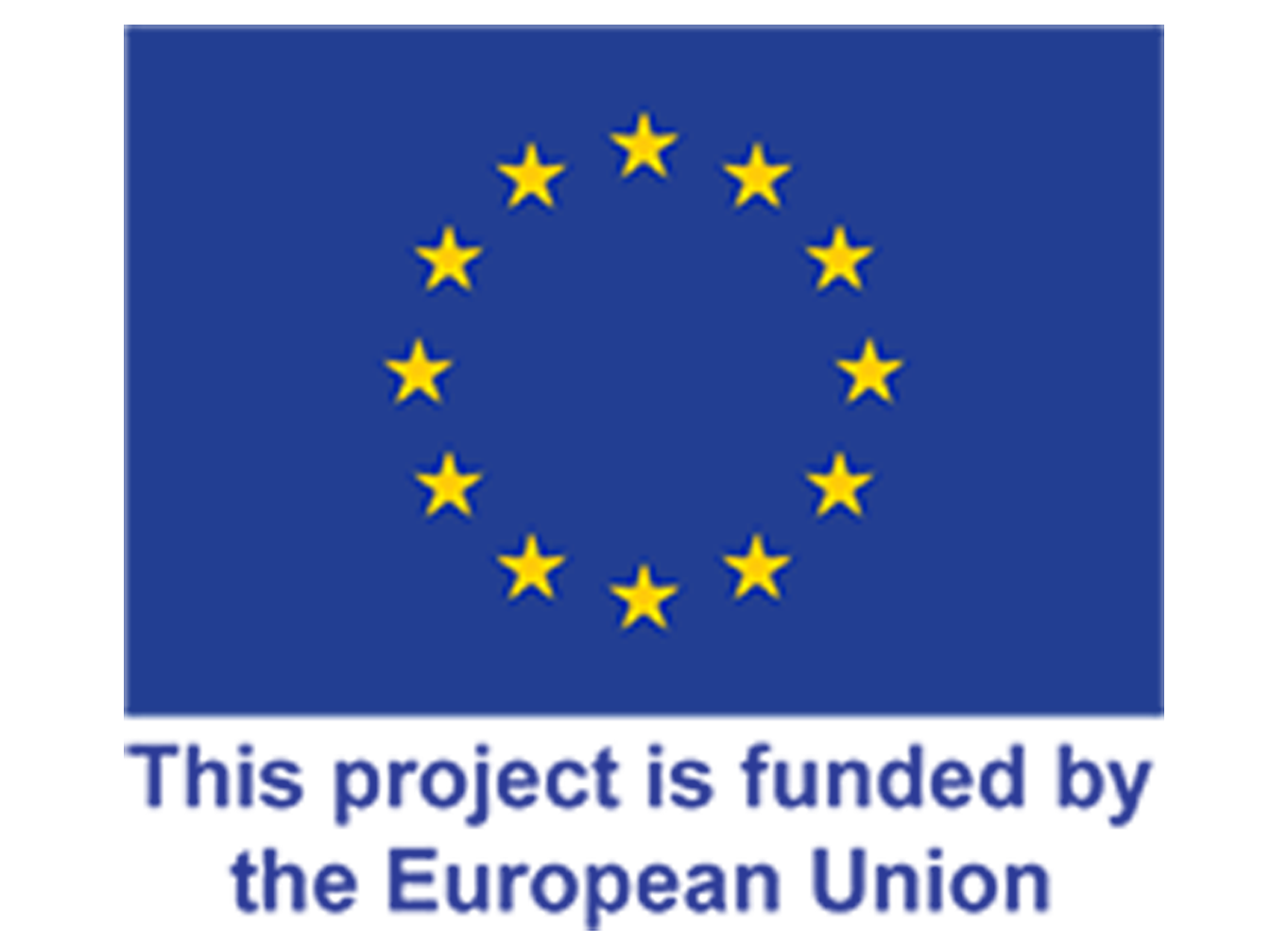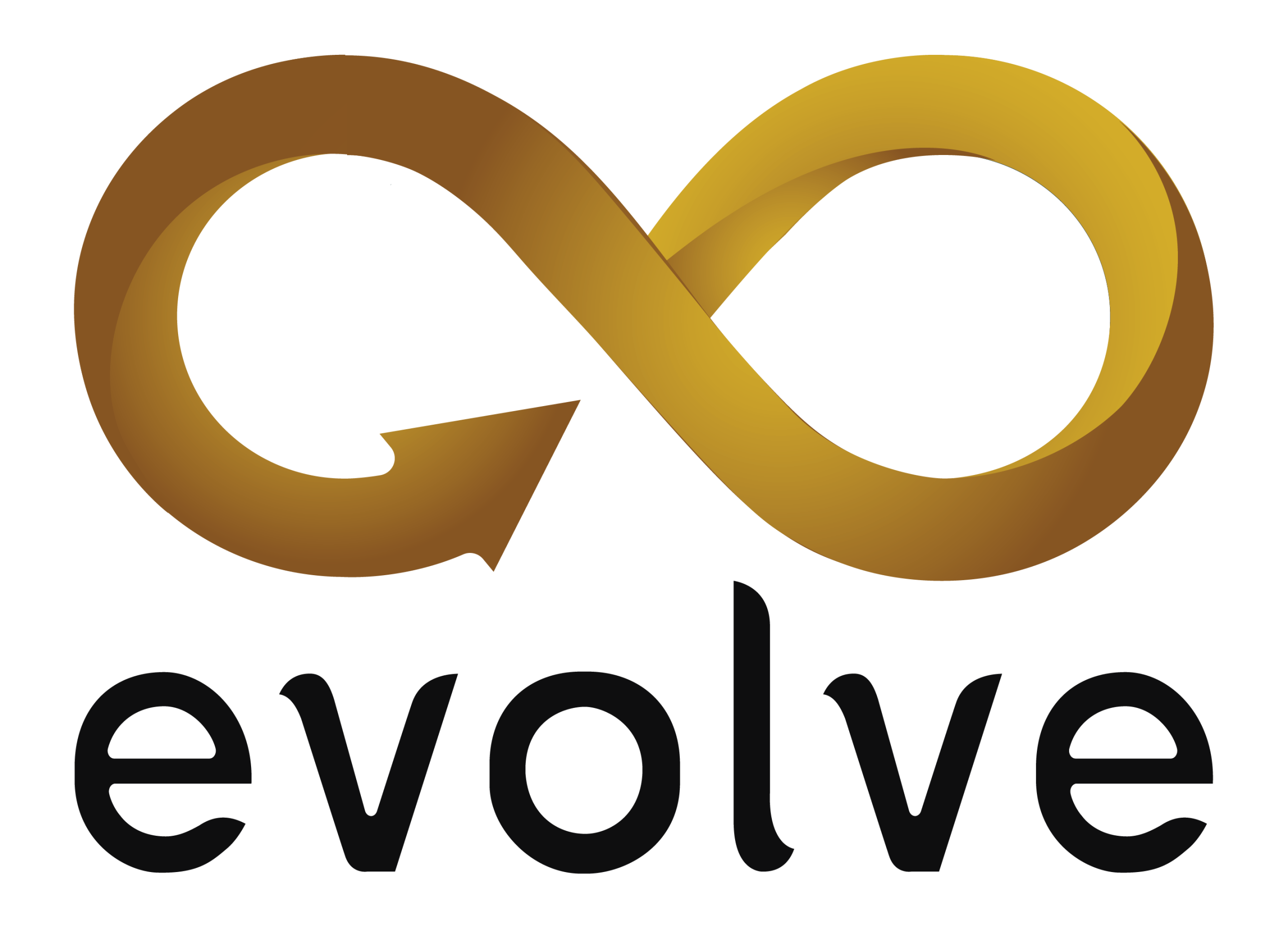INDIVIDUAL CONSULTANT
FOR
CREATIVE OFFICER
Coral Reef Rehabilitation and Management Program – Coral Triangle Initiative (COREMAP-CTI) Asian Development Bank
INTRODUCTION
Recognizing both the value of coral reefs and growing threats to their ecological health, the Government of Indonesia (GoI) embarked on a program to protect coral reefs and associated ecosystems in 1998. The resulting Coral Reef Rehabilitation and Management Project (COREMAP) was designed in three phases: (1) Initiation; (2) Acceleration, and (3) Institutionalization, financed by the Government of Indonesia, Asian Development Bank, International Bank for Reconstruction and Development (IBRD) and the Global Environment Facility (GEF).
During Phase 1 (1998-2004), COREMAP piloted new coral reef monitoring, management, and rehabilitation approaches and obtained baseline information that would inform the design of subsequent phases. Phase 2 (2004 – 2011) focused on implementation and acceleration, by creating the enabling environment for sustainable coral reef ecosystem management, including greater public awareness, enhanced capacity for governance and management, improved community-based coastal management, sustainable livelihood activities, and strengthened regulatory frameworks. Phase 3 (2014 onward), also known as COREMAP – Coral Triangle Initiative (COREMAP-CTI), aimed to institutionalize approaches established under the previous phases to ensure long-term sustainable impact.
COREMAP—CTI, the third and final phase, will support government’s sector development plan and targets for establishing effective MPAs. The project was restructured and has been executed by Deputy for Maritime Affairs and Natural Resources of BAPPENAS since 2020, and implemented by the Indonesian Climate Change Trust Fund (ICCTF). The Project will enable coastal communities, and the institutions that support them, to manage coral reef resources, associated ecosystems and biodiversity in a sustainable manner for increasing the economic and social welfare of coastal communities. The project will support project implementation in 3 MPAs located in Nusa Penida, Gili Matra and Gili Balu. ADB and the World Bank project completion reports for COREMAP II described several lessons that have been incorporated in the COREMAP—CTI project design. These include the need for (i) commitment and support from local government agencies, (ii) integration of value chain analysis of livelihood activities in the project design, and (iii) effective mainstreaming of gender concerns.
OBJECTIVE OF THE PROJECT
The restructured project has the objective: sustainable management of coral reef ecosystems in Indonesia through enhanced capacity to manage coral reef ecosystems in Marine Protected Areas (MPAs) in Lesser Sunda Seascape. The restructured COREMAP-CTI will have four project outputs: (1) Coral Reef Management and Institutions Strengthened in Project Areas (2) Ecosystem-based Resource Management Plans Developed and Operational; (3) Sustainable Marine Based Livelihoods Improved; and (4) Project Management, Monitoring, and Knowledge Transfer. The outputs of the project has several sub-outputs. It contains:
- 1.1: MPA management plan implementation enhanced
Main actions will include establishing protocols and guidance on co-management agreements between and among governments in order of the implementation of Law 23/2014, developing and implementing endangered/threatened species action plan targeting characteristic species of each location (candidates: sea turtles, sharks, rays, and sunfish, later this activities is moved to output 2), integrating ecotourism elements into MPA management plan and implementation, and establishing sustainable financing mechanism in coordination with existing and planned programs of other organizations.
- 1.2: Capacity development and targeted training on coastal and marine management
The objective of this output is to strengthen human resource capacity of key stakeholders from district, provincial, and as needed, central government professionals on marine and coastal management to improve management and institutions. This will be conducted through degree and non-degree programs. Efforts will be made to ensure gender balance.
- 2.1: Investments in community based ecosystem restoration/rehabilitation and monitoring
The objective of this output is to restore the function of coastal ecosystems in selected rehabilitation zones of project MPAs through surveys, feasibility analysis, and research on methods of regenerative and restoration techniques and activities. This activity is strengthened by community surveillance as a precautionary measure, which will be supported through this output as well.
- 3.1: Sustainable fisheries and livelihoods promoted in project areas
The main objective of this output is to implement the sustainable commodities management for tuna, snapper and seaweed, to support livelihood opportunities for community-based enterprises in the project areas, as well as identify future investment opportunities for both government and external financing agencies. Snapper fishery in Indonesia documented concerns on the sustainable practice in a number of case studies. The project will work with small scale snapper fisheries to establish science-based evidence which would provide guidance and information on management options. In the case of tuna management fishery, the government has improved the registration of large fishing vessels in the country to help strengthen tuna fisheries management. In view of that, the project will focus on support efforts for areas where smaller vessels operate – closer to shore, and common tuna species fished. Seaweed farming is a proven way of improving the socioeconomic conditions of fisher communities, by increasing incomes and encouraging participation of communities, particularly women. The project will ensure that some key constraints are addressed /eliminated, including diseases and postharvest challenges.
- 4.1: Project Management, Monitoring and Knowledge Transfer
A project level monitoring and evaluation system will be established and operational; including monitoring of ecosystem health indicators. This will build on, and contribute to the current system that is in place. Steps will be taken to ensure that relevant data management systems strengthened / maintained and updated at provincial levels.
All activities under the whole outputs except outputs 1.2 and 4.1 will be implemented through sub-grants to NGOs or other eligible organizations. The Project Implementing Unit (PIU) manages all aspects of the project implementation. To support the implementation of COREMAP-CTI Project, the PIU needs the Individual Consultants Creative Officer to assist the implementing of this project.
Individual consultants would be selected in accordance with the provisions of ADB’s Procurement Guidelines or other mechanism agreed by ADB and ICCTF.
SCOPE OF WORKS
The Scope of Work (SoW) for Creative Officer includes but not limited to:
- Support the production of communication materials for project activities to raise public interest, encourage public participation, communicate with project stakeholders, including project beneficiaries, in the project sites, and increase public awareness on climate change.
- Produce creative and engaging knowledge products and communication materials as part of COREMAP-CTI project’s journalism publication, promotion, and learning module production.
- Together with the Communications Officer of ICCTF, develop project communication strategy, knowledge product dissemination, digital campaign strategies for both website channels and social media in accordance with the focus and targets of the program COREMAP-CTI
- Design and create content regularly to increase activities on social media and websites and translate it into digital communication products (articles, photos and videos)
- Develop creative content, both in the form of text, photos, videos, maps, and other digital communication products.
- Coordinate with Communication Officer and Program Officer at ICCTF to create the comprehensive and creative content calendar and editorial meetings.
- Work with PMU team at ICCTF for project information to be disclosed in the website, project report dissemination system to be accessible for the project teams, ADB, and local government and project knowledge management system.
TIME SCHEDULE
The assignment is expected to be for 22 months with annual performance review and contract renewal/extension (with at least three months’ notice) subject to a positive performance evaluation.
OUTPUTS
- Digital communication and campaign strategy of COREMAP-CTI
- Develop the visual concept of project report
- Develop layout design of the project report and other ICCTF’s report
- Develop design for all publication material
- Compile and edit photos, when necessary
- Present data and statistics in a visually-attractive way
- Conduct printing quality control with the appointed printing company
- Fulfill additional writing assignments as needed for appeals, videos/slide shows, organization’s messaging, feature articles and more
- Project information management system
QUALIFICATION REQUIREMENTS
The assignment requires a consultant with extensive experience in the Visual Communication Design/ design graphics. The successful candidate will be expected to have the following qualifications:
- Have a minimum educational background of S1 in the fields of Visual Communication Design/ Design Graphics/ communication/ digital advertising or relevant fields in creative communications design.
- Have at least 3 years working experience in relevant fields, such as: Design Graphics/ communication/ creative campaigns, or digital marketing indicated by previous working experience letters as reference.
- Having the ability to develop creative content (basic photo and video editing), both in the form of text, photos, videos, and other digital communication products proved by his/her own publication, design of book layout, posters.
- Preferably those who have working experience or have been involved in projects in NGOs and/or Government proved by working reference and/or attached the latest employment contract.
REPORTING
Consultants shall report to the Project Team Leader of COREMAP-CTI Asian Development Bank (ADB) and the Executive Director ICCTF
The post CREATIVE OFFICER appeared first on Devjobsindo ORG.




